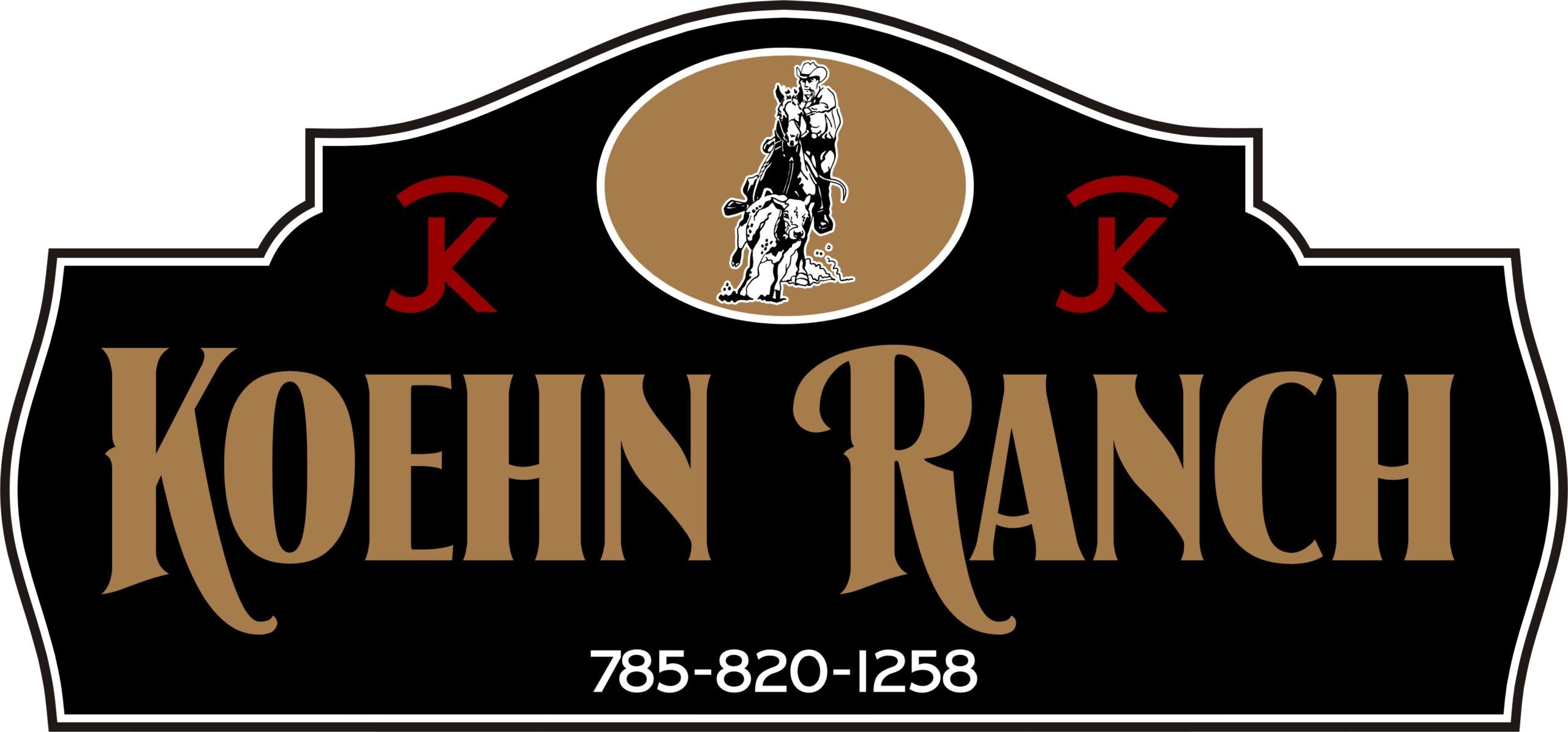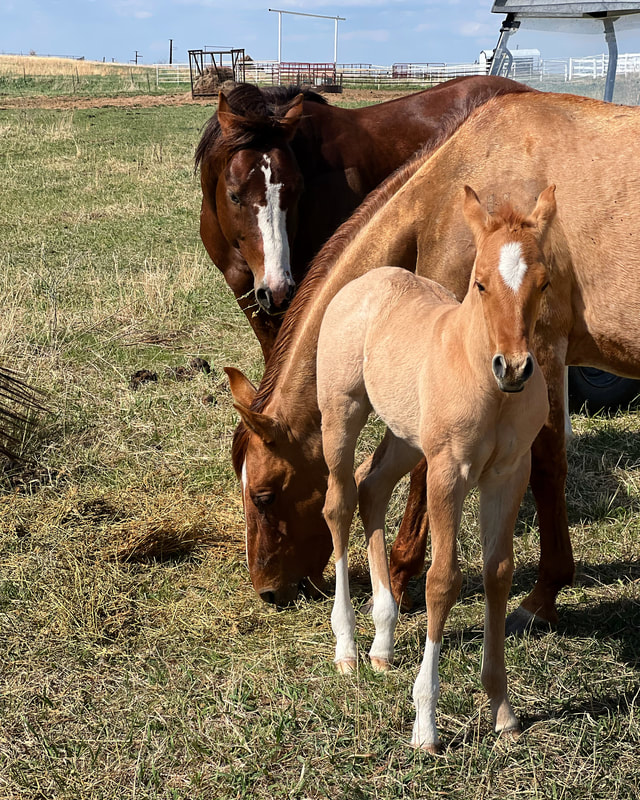Breeding and foaling are exciting times for horse owners, but they can also be stressful if you are not prepared. Proper care and preparation are essential to ensure a safe and healthy outcome for both the mare and foal. Here are some tips for caring for your horse during breeding and foaling.
Breeding
Before breeding your mare, it is important to have her thoroughly checked by a veterinarian to ensure that she is healthy and able to carry a foal. The veterinarian may perform a physical exam, an ultrasound, and bloodwork to evaluate the mare’s reproductive health.
Once you have determined that your mare is a suitable candidate for breeding, you can begin the process. You will need to select a stallion and arrange for breeding. This can be done through natural breeding or artificial insemination.
During the breeding process, it is important to keep a close eye on the mare. You should monitor her for signs of estrus, which may include restlessness, increased urination, and a swollen vulva. You should also observe the breeding process to ensure that it goes smoothly and that the mare and stallion do not become injured.
After breeding, you will need to monitor the mare for signs of pregnancy. This may include changes in appetite, behavior, and physical appearance. You should also have the mare checked by a veterinarian to confirm the pregnancy and monitor her throughout the gestation period.
Foaling
As your mare nears her due date, it is important to prepare for foaling. You will need to create a clean and safe foaling environment, which may include a foaling stall or a small paddock. The area should be free from hazards such as sharp objects, loose wires, and poisonous plants.
You should also have a foaling kit on hand, which may include items such as clean towels, scissors, iodine, and a thermometer. You should also have a contact number for your veterinarian in case of an emergency.
As your mare goes into labor, you should monitor her closely. This may include checking her temperature and watching for signs of labor such as restlessness, sweating, and straining. You should also observe the foaling process to ensure that it goes smoothly.
After the foal is born, you should allow the mare and foal to bond. This may include allowing the foal to nurse and spending time together. You should also monitor the foal for signs of health and well-being, such as nursing and passing meconium.
Caring for your horse during breeding and foaling requires preparation, attention, and vigilance. By working with your veterinarian and taking steps to create a safe and healthy environment, you can help ensure a successful outcome for both the mare and foal. With proper care and attention, you can enjoy the experience of breeding and foaling while ensuring the safety and well-being of your horses.

